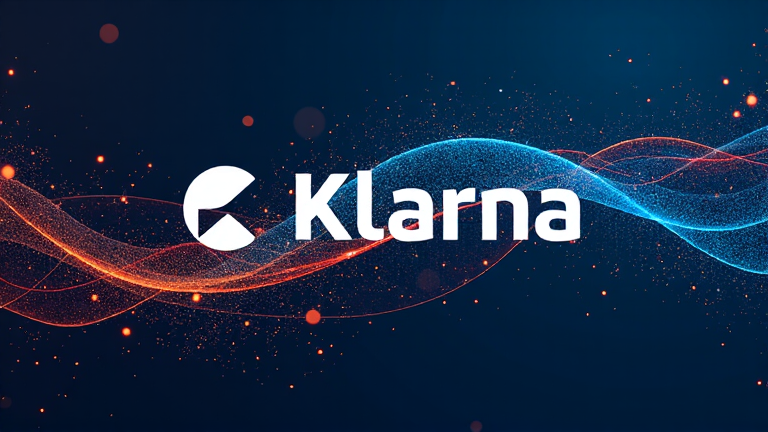
The Future of SaaS: A Drive Toward Unified Knowledge
In a recent statement on social media, Klarna's Founder and CEO, Sebastian Siemiatkowski, outlined a vision for a future where software-as-a-service (SaaS) companies consolidate into a central hub of knowledge. As businesses increasingly rely on artificial intelligence (AI) to handle complex tasks, the industry is poised for transformation.
The Problem with Fragmented Data
Klarna faced a significant challenge when experimenting with large language models (LLM). The company discovered that feeding the AI with fragmented corporate data—spread across a myriad of disparate SaaS tools—resulted in confusion and inefficiency. Seeking a solution, Klarna opted to reduce reliance on approximately 1,200 external SaaS providers in favor of building a unified, internal tech stack. This strategic move not only streamlined their data management but also set the stage for a more integrated approach to leveraging AI.
A Strategic Announcement with Broad Implications
Siemiatkowski explained that while Klarna's approach might not be universally applicable, it signals a broader market trend. In his own words, "Will all companies do what Klarna does? I doubt it. On the contrary, much more likely is that we will see fewer SaaS consolidate the market, and they will do what we do and offer to others. Those are likely to be your next SaaS." This insight suggests that while individual companies may follow different strategies, the underlying trend toward unifying data and AI capabilities is inevitable.
Real-World Impact and Future Opportunities
Klarna's internal AI initiatives have already demonstrated tangible benefits. The integration of bespoke tools—most notably, Kiki, Klarna’s very own internal AI assistant—has resulted in a reduction of operating expenses by 11%, with 90% of employees incorporating AI into their daily workflow. This evolution is reminiscent of the mobile revolution, where early adoption and integration reshaped industries. As AI takes center stage, mastering its integration may unlock tremendous opportunities for SaaS companies that embrace the change.
Looking Ahead
Siemiatkowski’s observations offer a window into the rapidly evolving landscape of SaaS, where the fusion of internal data, AI, and streamlined technology can transform operational efficiencies. As businesses navigate this shift, the emerging consolidated SaaS providers may soon become essential partners in driving innovation and standardizing knowledge across industries.
Note: This publication was rewritten using AI. The content was based on the original source linked above.